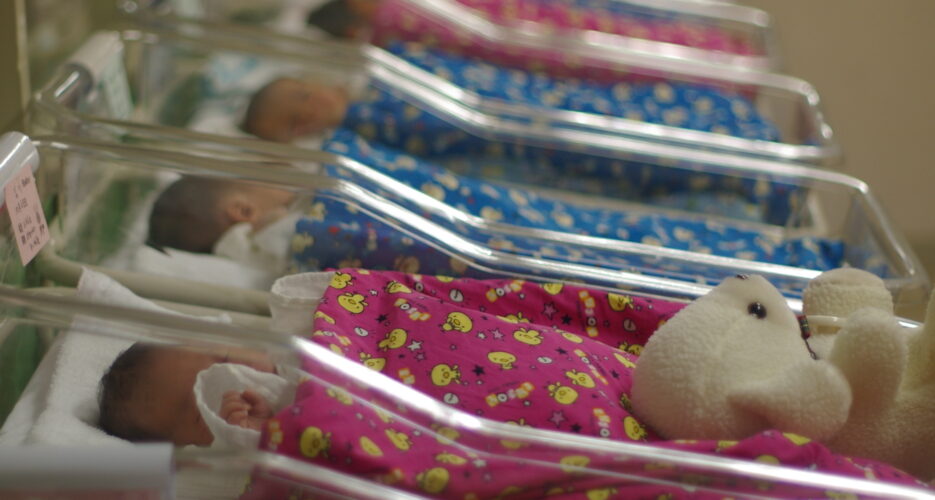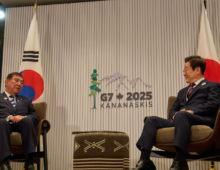Child care costs, unhelpful workplaces and shifting values drive what expert says is ‘rational choice’ to go childless
Kim Bo-mi is 34 and single. She works at a public relations company in Seoul and enjoys vacationing overseas and learning painting, ceramics and tennis. She is satisfied with her lifestyle and doesn’t want to have children.
“It takes more than we can afford to provide a better life for our children’s generation,” Kim said. “I don’t see why I should give up the life I enjoy now by burdening myself with such high costs.”
Kim Bo-mi is 34 and single. She works at a public relations company in Seoul and enjoys vacationing overseas and learning painting, ceramics and tennis. She is satisfied with her lifestyle and doesn’t want to have children.
“It takes more than we can afford to provide a better life for our children’s generation,” Kim said. “I don’t see why I should give up the life I enjoy now by burdening myself with such high costs.”
Get your
KoreaPro
subscription today!
Unlock article access by becoming a KOREA PRO member today!
Unlock your access
to all our features.
Standard Annual plan includes:
-
Receive full archive access, full suite of newsletter products
-
Month in Review via email and the KOREA PRO website
-
Exclusive invites and priority access to member events
-
One year of access to NK News and NK News podcast
There are three plans available:
Lite, Standard and
Premium.
Explore which would be
the best one for you.
Explore membership options
© Korea Risk Group. All rights reserved.
No part of this content may be reproduced, distributed, or used for
commercial purposes without prior written permission from Korea Risk
Group.












